
Elvis Costello contains paradoxes, marrying a fierce punk attitude with a Tin Pan Alley-like ability to craft diamond songs from the rough of life – both his own and imagined.
Resulting in a catalogue thirty-plus albums deep, it's those same paradoxes that have enamoured generations of fans and seeded a plethora of internet pages dedicated to his craft. Now spanning five decades, his career owes a certain debt of gratitude to the lineages of traditional and contemporary music he raised himself on. Costello is, for all intents and purposes, the music man. “I'm not trying to solve anything. I don't have any intellectual ideas. I'm not educated in music or in literature,” the 70-year-old songsmith shrugs. “I've absorbed a certain amount of stuff from books, but a lot more from films and songs.”
For Costello, music is an eternally rotating kaleidoscope, with songs flowing in and out of focus. While there are obvious bookends in his collaborations with famed Americana producer T Bone Burnett, the five tracks he’s chosen as his ‘personal best’ posit the idea of songs metamorphosing over time. From sketches to adored releases, Costello is beholden to whatever fate lays ahead for the music.
So, how does Elvis Costello go about dissecting and ingesting his own tremendous body of work? Without prompting, he tackles the subject as soon as he appears on the screen in front of me. “It's an interesting puzzle when you've got as many songs as I have,” he ponders. “Songs that aren't even visible to people. Quite often, the ones that you like the most yourself are not necessarily the ones that the record company chose to release as singles. You know, back when things like that were real.”
With an enviable list of collaborators, from songwriting royalty like Burt Bacharach to Sesame Street staple Elmo, Costello is a jack of all trades and an invariable master of them, too. He's also turned his hand to scriptwriting with his latest project, a collaboration with Burnett in which the pair play The Coward Brothers, Henry and Howard – two deluded former popstars with several bones to pick with the industry. Reignited from an idea that first arose in 1982, the pair’s exploits are now expanded upon in a three-part Audible scripted series The True Story of The Coward Brothers, along with a 20-track companion album including the Cowards’ fictional hit single “My Baby Just Squeals (You Heel)”.

Costello has also recently released an in-depth remaster of his Burnett-produced tenth album, 1986’s King of America, expanding it into an enormous, 97-song musical journey through his own brand of Americana. Titled King of America & Other Realms, the expanded package dives into the demos and sketches Costello recorded during the same timeframe as the original stripped-back solo outing, including a full live show and two Coward Brothers tracks, “The People’s Limousine” and “They'll Never Take Her Love from Me”, released on 7” vinyl back in 1985 and – until this year – their only single.
Taken as a whole, the boxset paints a vivid picture of the journey Costello was on during this period. “The reason I conceived it as the Other Realms was to extend the story on into where it led me to,” he explains. Still, it’s America that sits firmly at the centre. For most of his childhood, Costello was enamoured with the country, a seeming wild west of opportunity and dreams. Pinpointing geographical landscapes of where the mystical songs from over the pond came from, digesting all he could from magazines and record sleeves, he says he had “all sorts of preconceived ideas about what those cities were like.”
“I read the legend of many of the musical cities in America,” he recalls. “You'd find out about people. Maybe you'd hear a song and go, I love that song. Oh, it's not written by the artist, it's written by somebody else. Who's that person? I think of songwriters like Dan Penn, who wrote 'Dark End Of The Street', 'Do Right Woman' and 'I'm Your Puppet'. I heard those songs done by different artists, but it made me curious who had written them.”
“It felt to me as though there were just different accents in the music, sometimes literally,” he continues. “I could tell you the difference between a New Orleans record and a Memphis record, and a Tamla record made in Detroit from a Curtom record made in Chicago by Curtis Mayfield. You could tell just from hearing it. And when you love all of that music, it tends to get into what you're trying to do yourself.”

It’s undeniable that Costello’s vast output has sought to capture the same spark that intrigued him all those years ago. Building his catalogue with compatriots and like-minded renegades, the music was all sewn through with an invisible understanding. “When I began with The Attractions in ‘77, I had no reason to write music down,” Costello explains. “I'd just show them by example. I’d say, ‘We're going to subvert this riff from a Small Faces record and turn it upside down, and that's going to be the riff behind what I'm singing.’
“I have never been that obsessed with the concept of originality, because I trusted that what I was writing in the words was sufficiently different to everybody else. The musical side of it was just the carriage, and all of this music is quoting different styles and different occasions when those mechanisms were in play. That's why you can find common ground between songs written over a 50- or 60-year period.”
Costello’s catalogue may bridge half a century but he’s not one to tread over the past with rose-tinted specs. "Considering this music, I don't regard it nostalgically,” he confesses. “Nostalgia is too long to go back. I don't want to go back to the moment in which these songs are written, but I can appreciate the story of the writing of them and the recording of them. And, more importantly, where it led me to over the years."
ELVIS COSTELLO: I think, when writing this song initially, I was turning over some of the contradictions of going to America and my life being turned upside down in a number of different ways. That's what the personal, reflective version is. What I ended up releasing on the record, the song that opens King of America, was a more satirical song about finding your place in America.
I think it was a less indulgent lyric. The demo is a very intense performance, but you can tell I'm struggling with the fact that I don't know how much I want to tell people about these situations. There's a slight feeling of, ‘Did I really say that out loud?’ And obviously, at some point, I decided that it was more than I wanted to say. I don't think it's evasive to do that. It's an artist's choice. There are masterful songwriters much better than I am, whose songs are sometimes referred to as confessional, who actually employ quite a lot of technique in writing in order to make their songs speak universally, even though they seem to come from a very personal place in their initial invention.
To go back to the song, and re-recording it all these years later, I just heard it working in this new arrangement, with the kind of dark rhythm that I know The Imposters play very well. We have a much greater sense of swing as a band than the urgency of The Attractions, which was appropriate for the years in which we made those records. So there's a different relationship with time. Also, I thought ‘now is the moment to make concrete the allusion to “Boulevard of Broken Dreams” [by Al Dublin], which is referred to in the lyrics [of the original version] and, in the case of the re-recording, sung in its entirety. That's a beautiful song. So that's why those two contrasting versions exist, as a signpost of where all this has travelled.
"Brilliant Mistake” is a good way of describing America as a confusing place to be as a young man – full of great possibilities and big contradictions and disappointments and the potential for your own mistakes on a large playing field. Two things the King of America songs marked was leaving aside the trickier language that I'd become known for in my first records, and not worrying about the character that people had assumed I was – [the one] that wrote My Aim Is True or This Year's Model – and not worrying about whether people made a connection between that person and the one that wrote “Indoor Fireworks”, “I'll Wear it Proudly”, or “American Without Tears”.
I just assumed that they could hear the connection if I spoke plainly and was accompanied in the way I was, where there was nothing getting in my way. And that the songs would speak to people, and they did. Some people were bewildered by this record when it came out, because it wasn't “Oliver's Army”, and that continues to this day. Like, I'll play a show for three hours and people go, “But you didn't play 'Radio Radio'.” But that song had no place in the show. It belonged in a different show, and if they’d come another night I might have played it.
There’s no blood pact that you make with your audience that, because they bought a single 40 years ago, you're obliged to play that song every time you go on stage. If you feel you can play it truthfully and well, you'll incorporate it. But if you've got other songs, they're paying you to make those choices and to assume that you know what you’re doing.
BEST FIT: How has your relationship with America evolved since first penning that song?
How long have you got? [laughs]
I've lived in North America for the last 20 years. I haven't lived in England full time since 1988, so that's a long time. I don't necessarily expect to be welcomed back. I don't have any status here. I'm precarious in that sense. I don't have citizenship or that sort of thing to give me a sense of belonging. Most of my sense of belonging is the fact that my eldest sons are born here in New York.
My wife is Canadian, and we've lived and worked in America most of our professional lives. Most of our closest friends are American. Many of my best friends and colleagues are not even from the region where I live, but from the south. Many of the people that I've collaborated with, and who I value the most, come from other parts of America. I was probably prone to any assumptions that you could make about a country that's so diverse as it is when I was a teenager, but whatever anybody says you can always find the contradictory statement made flesh. You can find the most uptight people, the most self-righteous people, and the most completely free, imaginative people, often in the same town. So there isn't the case of being like, ‘Well, we don't go to that place because it's full of such-and-such people.’ That's just reading from a script that I'm not interested in.

ELVIS COSTELLO: If people only have a cursory knowledge of my work, they know what the sound of The Attractions playing a pop song like “Oliver's Army” is, or a rock and roll sound like “Pump It Up” is, or they might know “Watching the Detectives”, which was recorded with different musicians. They know what those records sound like. But, of course, we became a band that developed and by the time we got to our fifth record, Trust, we'd been through quite a lot of adventures and misadventures. This was the record that was made in the afterglow of all of that and it distilled into something quite original.
“New Lace Sleeves” is a wonderful performance of that band. The Attractions had a pretty powerful attack, particularly live, but this song is the other side of the band, the side able to play controlled, organised music. You can hear the musicality of all four players, particularly the rhythm section. Steve Nieve’s role was playing almost orchestrally. He's not playing rhythm, he's playing the decoration. The guitar is very simple but it's locked in with the rhythm and the singing. It's a fairly sophisticated melody as well – unusually sophisticated for its time, harmonically and everything.
Weirdly enough, the lyric was started when I was 19 and it had been carried from notebook to notebook. I probably included it on this list because a lot of these choices have the ability or the desire to carry with you something that then becomes the version that you need at a certain time and place. I never discarded any words. There were some lines that were in the original draft of a song that had a different title, and they became part of the story of “New Lace Sleeves”. But I couldn't have made that song into our reality until we reached this particular point, as a band that was almost on the verge of exhaustion, creatively and physically.
In a way, it's similar to King of America – there was nowhere else to hide but within that particular picture that we were making. There was really no other way to play that song. That's why I would pay the band the compliment of everybody realising their best game at that moment on that record. It's a really good record.
BEST FIT: That plays into the idea of music and fate being part and parcel. The timing has to be right.
What it's saying is, ‘You have been captured.’ It's about realising that there's some sort of trap to sophistication as well. You feel so civilised, then realise that you're more than your carnal instincts or that your darker side might lurk under the surface. That's something that I have had reason to re-examine from the very beginning. Why I'm writing songs in the first place is to say things that other people are not saying. I'm not trying to write conventional pop songs. That's probably why hardly any of my songs are covered, because they tell stories that nobody else necessarily cares about. But the audience cares about them because I made them vivid.

BEST FIT: Speaking of unconventional pop songs…
ELVIS COSTELLO: It doesn't sound like anything else? [laughs]
For me, the starting place is collaboration. Certainly in the case of King of America, with T Bone Burnett and all of the alliances that are represented in the Other Realms. But at the same time as doing some of that stuff, I was working with lots of other people in very different worlds. It wasn't like I entered whatever they call it... Americana, and stayed there. I wrote 35 songs with Burt Bacharach. I wrote 15 songs with Paul McCartney. I wrote The Juliet Letters with the Brodsky Quartet. And I learned something very valuable from each of those things.
Around the same time I was asked to do this song for a weird record. It was something to do with The X-Files – a record of songs inspired by the idea of that show. It was very tenuous. It was back in the days when record companies were just throwing money around in a crazy way and said, “Would you make a song that kind of had a mood?” It wasn't going to be used in the show. I don't remember who else recorded on that record, but I thought, ‘Well, who have I never worked with then?’
About 10 years earlier, I'd worked with Allen Toussaint. My first project with Allen was recording “Walking on Thin Ice” for a Yoko Ono tribute album [1984's Every Man Has a Woman], and you couldn't think of a more unlikely place for he and I to meet than doing a Yoko Ono song. But he did a beautiful job producing that record. When it came to this other project, somewhere in my mind I thought of somebody else I've always admired but had never had the opportunity to work with, which was Brian Eno. Everything that he does interests me. I like his approach. Would it suit me all the time? Probably not. Would I drive him crazy? Almost certainly.
Weirdly enough, we saw each other first across a crowded room of steam. I used to go swimming in the morning in a club, and one day I was there and out of the mist came Brian and Björk. I don't know if they were just there coincidentally, or whether they had been swimming together – I never asked either of them – but I would occasionally run into Brian in these bizarre circumstances, and somewhere along the way I got his phone number and called him to make this record. So “My Dark Life” could have been called “My Steam Life” since it effectively began with this most unlikely encounter. People say, ‘Oh, we met in a nightclub,’ or ‘We met backstage at some show.’ You usually don't expect a steam room or Turkish bath to feature.
It certainly paid off.
I think it paid off. I love the record. It was about a trip to Saint Petersburg that I took, and it was like a glimpse of when everything was collapsing in that part of the world, and what it felt like to be a tourist in that kind of environment, which was very uncomfortable. That's all the song is about. It's a recitation of things I saw in a way that makes it sound like a mystery story, because heaven knows what happened next or what has happened since. Even the allegiances have all changed.
There was no particular point to the song other than to arrive at the title but I love the record. Recently, Steve and I found a way to play it again. In 1995 was the last time that we'd performed it, but we really enjoyed it. Steve, of course, proposed that we do it as part of what he called ‘The Dark Suite’, which was “My Dark Life”, “In the Darkest Place”, “Deep Dark Truthful Mirror”, “Country Darkness” and “Talking In The Dark” back to back, because that's the way his mind works. I let him programme those songs in the show one night – in Wolverhampton, I think – and people went crazy. I think it was in a good way. When you're in the land of Slade, you never really know what you're going to get.

ELVIS COSTELLO: This is another song that I chose because it shows the way that stories develop over time.
Back in 2009 I made a record with T Bone Burnett called Secret, Profane & Sugarcane, which used acoustic instrumentation as King of America did, and then we made another album together, National Ransom (2010), that was slightly more varied in terms of accompaniment. The song that was probably central to National Ransom, probably the best song on it, was “Jimmie Standing in the Rain”, which told the story of a hillbilly singer who's trying to do a sort of Jimmie Rodgers-type cowboy singer act in England.
The song follows his fate, and it's a slightly seedy story. With “Under Lime”, I decided to revisit the character in the 1950s where he's a mystery guest on a panel programme at the BBC in Lime Grove – hence the title – and that led to this song. It’s about the much more disreputable person that he's become. It's about how we deal with people's fame, and the liberties that they take and the license they think it gives them.
I included it in this list because it's also a great record. If anybody ever tells me, ‘Yeah, The Imposters, they're not as good as The Attractions,’ I tell them to go listen to this record and listen to what Davey Faragher in particular is playing on it. Listen to the bass playing. Try to find me a better bass part on any record I've put out and you can't. It's extraordinary what he's playing.
Sometimes you use the studio as a space in which to perform unadorned, which was the nature of King of America and would be the nature of many of the songs on National Ransom, probably the songs recorded in Mississippi that are included [on King of America & Other Realms]. Other times you develop your orchestration ideas and add other elements after the basic performance is laid down, and “Under Lime” represents that thread of what I do.
It has a more intricate vocal arrangement, and a horn arrangement including a cameo by Michael Rabinowitz, who is this very unusual thing – a jazz bassoonist – but he's incredible. The bassoon at the end has all the macabre humour of the lyric. It's the same as the reed instrument that plays on [Smokey Robinson & the Miracles'] “Tears of a Clown”, using the instrumentation to heighten the story.
I'm proud of the record. It comes from the first album that we recorded with Sebastian Krys, our producer of the last six or seven years. We've made so many records together. When we were all locked away [during the pandemic] we just kept working, and we found a way to do it that was satisfying to us. It gave us something to look forward to. Out of that came the Coward Brothers series, which was written in that time. We also recorded Hey Clockface (2020), The Boy Named If (2022) and The Resurrection of Rust (2022). “Under Lime” was on Look Now, which preceded all of that, and was the record that announced the decision to make records again under my name.
At the time, it had been eight years since I made a record solely under my name. I’d made Wise Up Ghost with The Roots [in 2013], and I was part of The New Basement Tapes, which was another T Bone Burnett adventure. That was great. I mean, how many times are you going to hear, ‘Hey, you've been given 24 unpublished Bob Dylan lyrics, and you can do whatever you want with them,’ you know? It was incredible. Everybody had a different idea of what they wanted from that record, but it was all about possibility and all these choices are trying to illustrate the idea that a story might not be complete. When you write the first draft, you might go back to the character, you might rearrange the music of a song and turn it into a differently reflected story.

ELVIS COSTELLO: I chose this one because The Coward Brothers story seems, at face value, to be just a lighthearted satire of these two guys who spin this improbable tale of how they've been cheated out of their rightful place in the rock 'n' roll universe. Of course, it's all completely made up in a number of ways. I wrote them as characters, right? I wrote the script of what I'm calling a 'wireless address', and then we were very fortunate to have Christopher Guest direct the recording of the story as a three-part misadventure, with T Bone and I playing Henry and Howard Coward and Harry Shearer playing the host of the radio show on which we're telling our lurid tale.
I didn't think it would hold people's attention unless you suggested that there were more dimensions to these characters than just simply two guys who were a bit deluded about how successful they should have been back in 1962. They had to go on a journey, and the journey that they go on involves the tension between them as siblings and also colliding with events in the world. They collide with different styles of music that they try to work their way through, just as everybody did in the 1960s. Everybody was doing R&B covers, and then suddenly everybody wanted to be psychedelic. Just like everybody else, they get the idea.
There's one song called “Yesteryear is Near” that sounds like an Edwardian vaudeville song, because everybody did that in about 1968, and “Cathy Come Home” is an anti-war song that’s based on a true event, a really sad event about a woman who was just in the way. This song is where we puncture the fantasy by referring to something tragic that really happened, and unfortunately happens a lot in war, that the innocent people get killed as well as the people intending to fight.
The Cowards do sing a few songs directly from the heart. They're not just charlatans. I think the song we put out first, “Always”, says it best. It says, “None of these things I say are true,” but it's said with a heartfelt, musical voice. Hopefully people will enjoy the little tale we tell. It was great fun to record these songs, to make them become a reality.
BEST FIT: How has your approach to the idea of characters and their fates changed throughout? Are you averse to a happy ending, or what appeals to you more?
I figured that there were other people who were more gifted in writing the happy ending love song or pop song. I did for a long time think that it was my job to find the other angle, find the scenario that didn't pay off in the expected or in the anticipated way. As a younger man, I did suspect myself of perhaps even indulging in creating drama in my own life just so I could write about it. But then you start to go, ‘Oh, that's not very pleasant. You're doing things that involve other people's hearts and trust in you – that's a different kind of research.’
It was one of the more arcane forms of research, where I could take the ideas that I imagined as a writer and give them to characters to say, that started to gather strength for me as a way to proceed, rather than always proceeding from an event in real time. Some of that I felt I mistrusted, but there's no doubt that I can note the songs on which there's no escape and there's no irony to the expression of love. I can think of a lot of songs I've written. They're not necessarily terribly well known, but they do exist. So I can write both kinds, I don't just have to write the twisted songs.
But, also, it’s like some painters only paint grotesques because they find that interesting or compelling, or maybe they think that the grotesque appearance echoes something within the person. If you're Francis Bacon, that's certainly the case, because he's painting the Pope screaming and you can feel that it's about power and influence and some kind of perversion. Who knows what was intended in that image, but that can happen in songs too. It's also why people are fascinated by horror and by gothic stories, whether it's Edgar Allan Poe or John Carpenter. I went to see The Thing two days ago. I'd never seen it in the cinema. Have you ever seen it?
I have never seen The Thing.
I don't recommend having a hamburger before you go! [laughs] I don't eat that stuff so that was okay, but I went with my sons as it was a holiday from school. It was good on a big screen, but it was intense!

The True Story of The Coward Brothers Audible scripted series is out now, together with companion album The Coward Brothers released through New West Records. King of America & Other Realms is also out now, via UMe.

 1 month ago
6
1 month ago
6







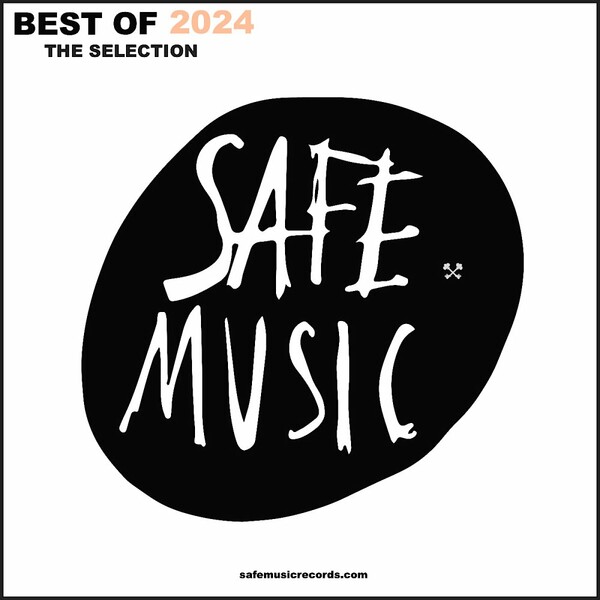
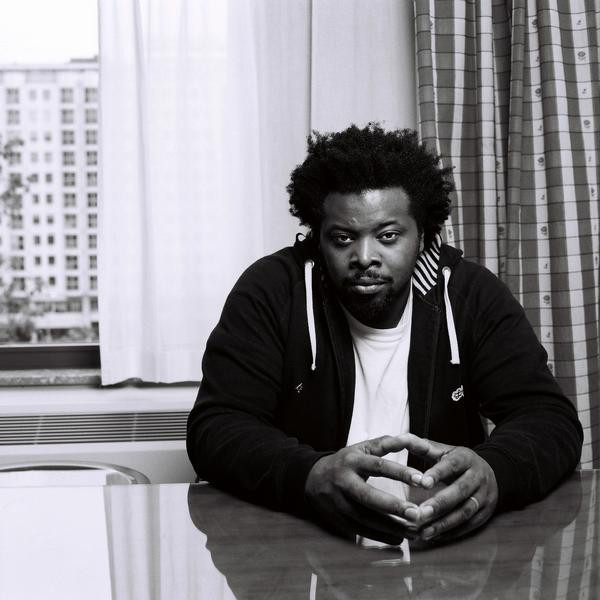


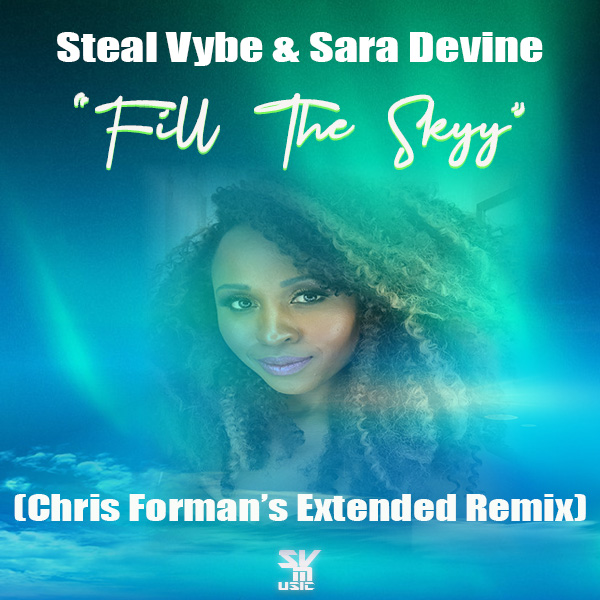
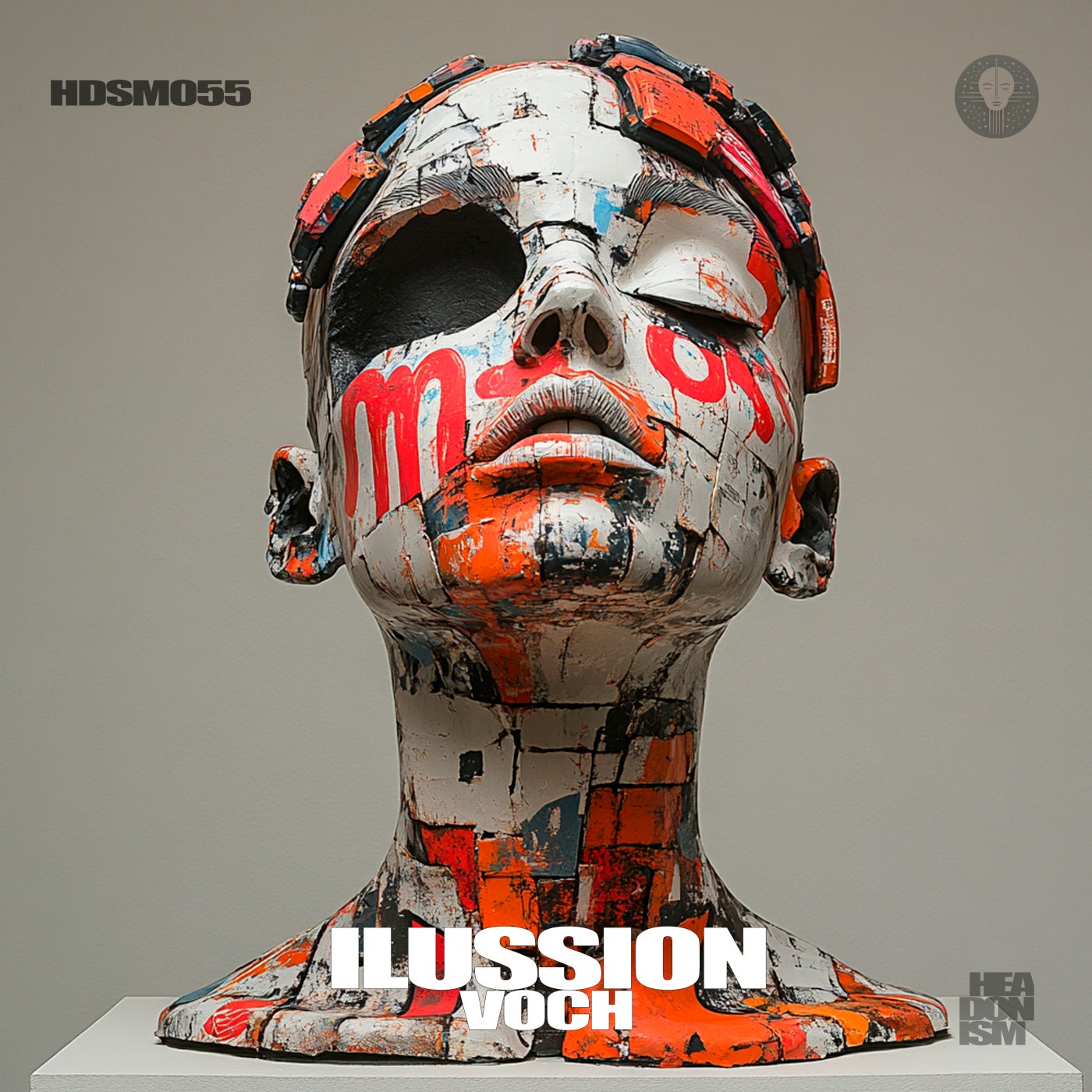




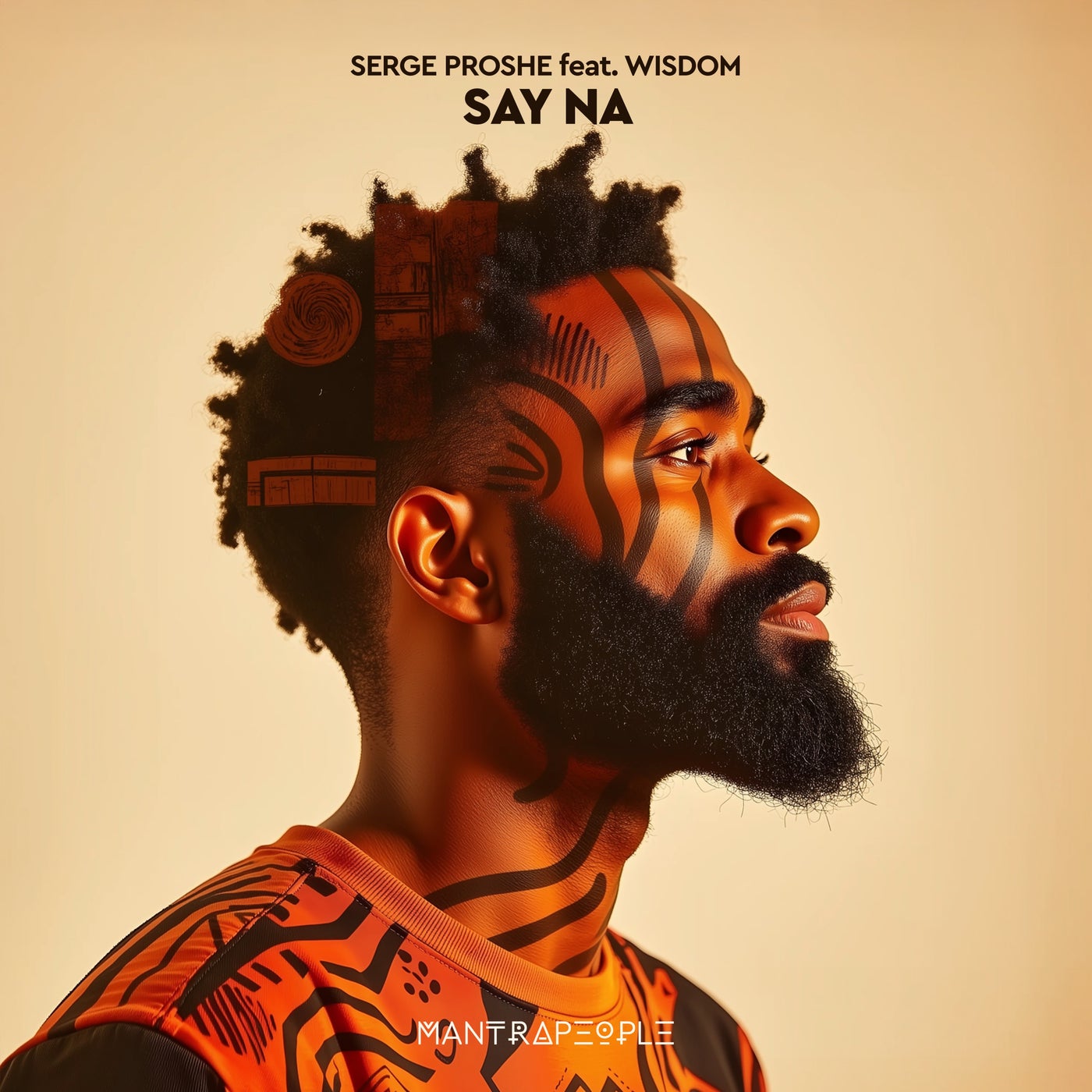
 English (US) ·
English (US) ·